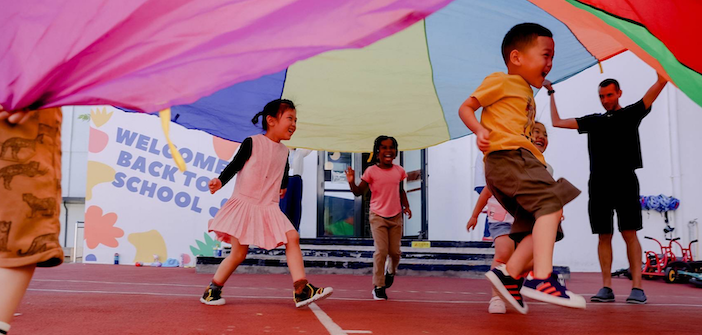Recently a video on Douyin went viral that featured a momfluencer explaining how by using the multi-intelligence (MI) chart, you can pinpoint exactly what extracurricular activities are best suited for your child based on their abilities and interest. She goes on to explain how this is a better approach than letting them experience everything because there’s a chance that if they dislike the teacher during a trial class, it can influence their entire outlook on the activity.
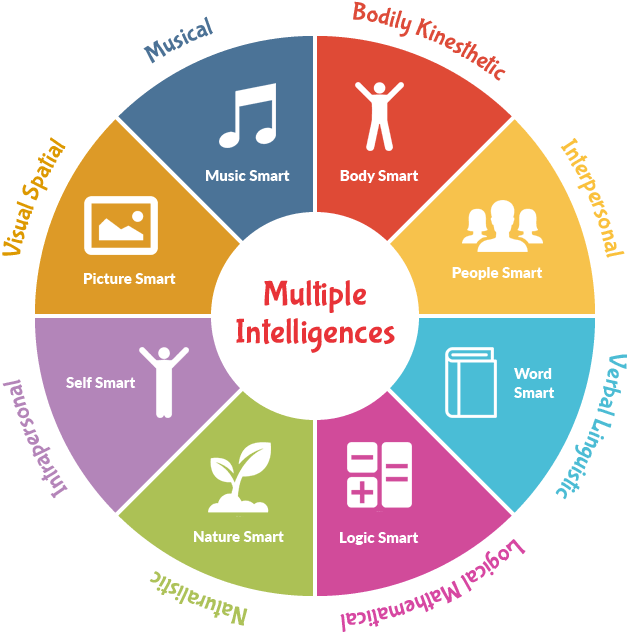
Sounds interesting doesn’t it? Has she discovered a shortcut to parenting and putting your kid ahead of the game?
To learn more about multi-intelligence, we reached out to two schools in Beijing that use it in their curriculum.

Ryan Cardwell from Ivy Academy holds a Master of Education degree with a focus on early childhood from the University of British Columbia and has been working in education for over 20 years. Nigel Mainville has been with Muffy’s International Kindergarten for almost 9 years and has worked as a paraprofessional in Special Education at an American public school prior to returning to Beijing to teach.
We’ve already heard from Muffy’s International Kindergarten yesterday on their thoughts. Here’s what Ivy Academy has to say.
Ivy Academy (IA) offers an English language environment taught by a team of highly qualified early childhood educators. There are three IA campuses, conveniently located at Sanlitun (Sanlitun Campus), Sanyuanqiao (Sanyuanquiao Campus) and CBD (Central Park Campus). As a member of Ivy Education Group, Ivy Academy’s mission is to educate and provide an environment which enables each child to attain these goals: to become self-confident, to know how to get along well with others, to be self-directed problem solvers, to make good choices, and to see themselves as children with good ideas.
Let’s have a recap on what MI is.
The Theory of Multiple Intelligences is a theory of psychology posited by Dr. Howard Gardner of Harvard University in the early 1980’s. It is not an approach to education, but rather a theory of intelligence that argues that there is not one general intelligence, but rather 8 distinct types of intelligence that all persons possess. Schools and kindergartens that take this notion seriously will offer a program that allows students to explore and develop all of the ways that they can be intelligent through a wide variety of hands on actives. There will also be ample choice of activities rather than one set of activities that all students must complete.
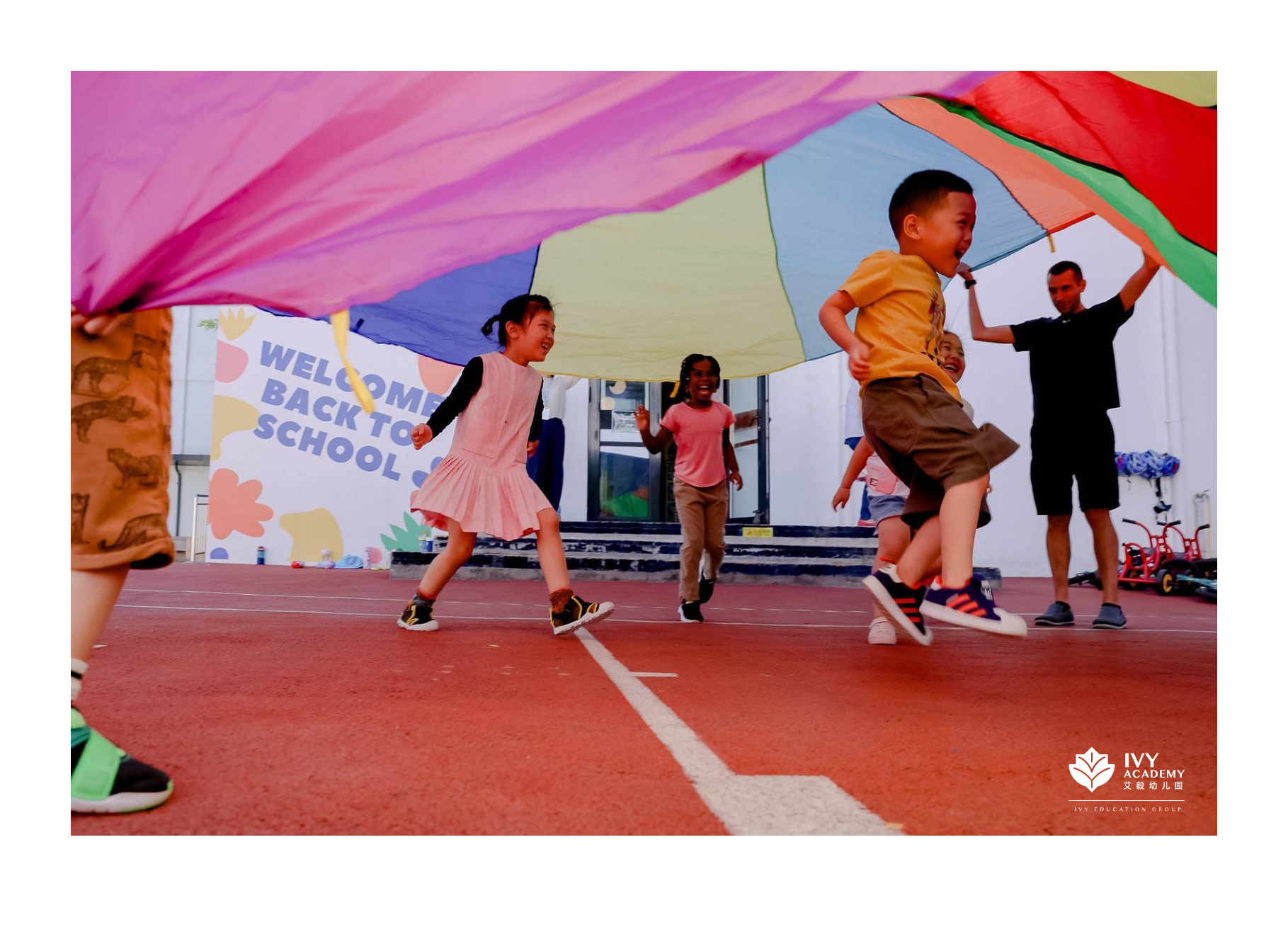 Based on your experience as an educator, is there one type of curriculum that’s better than others?
Based on your experience as an educator, is there one type of curriculum that’s better than others?
Ryan Cardwell (RC): No, not really. School quality comes down to a number of factors such as the quality of staff, facilities, parent services, etc. There are great kindergartens of all kinds throughout the world. Parents should visit the kindergartens that are near their home and choose the one that they feel suits the needs of their family best.
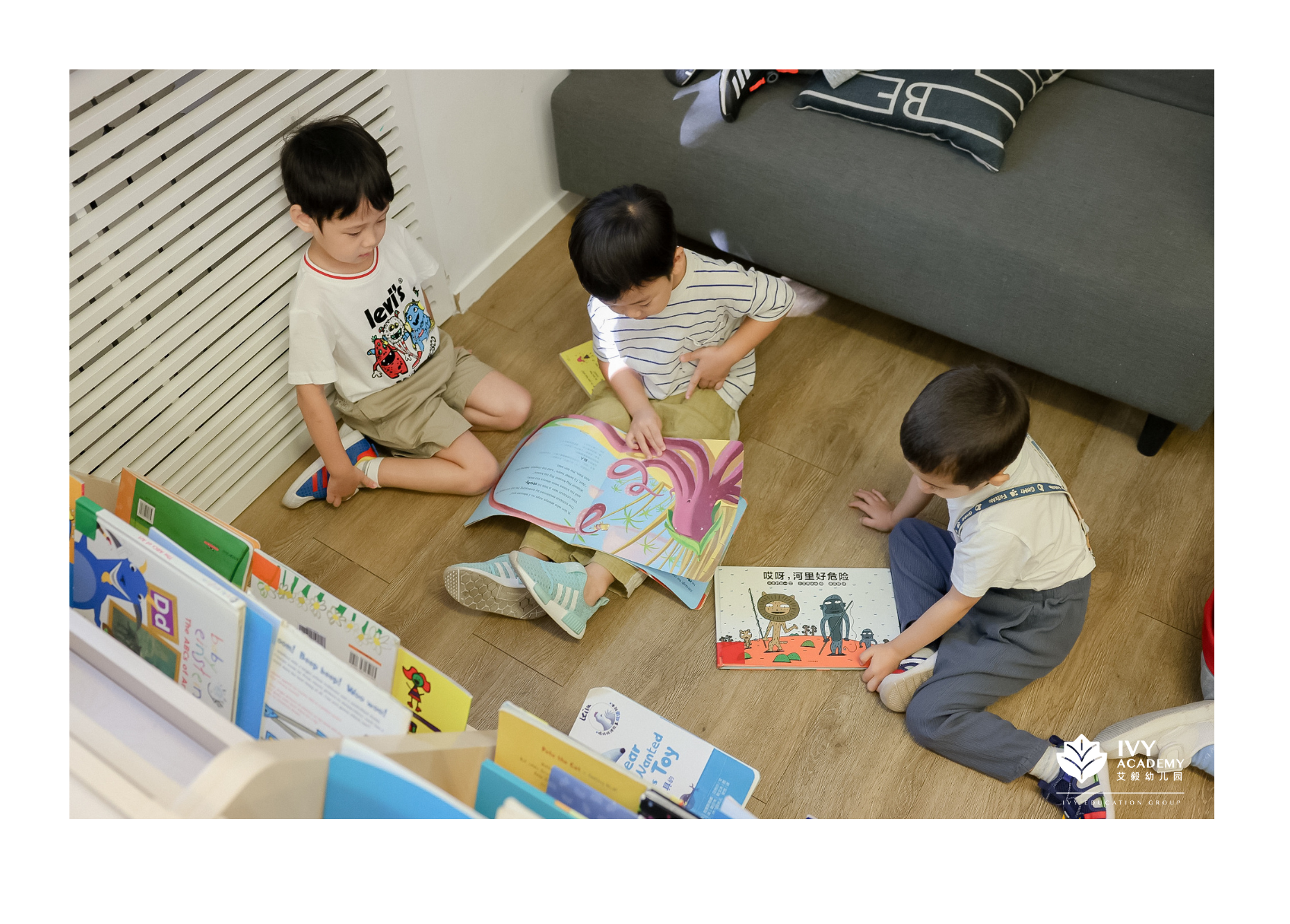 What type of kids would you say suit the multi intelligence education style?
What type of kids would you say suit the multi intelligence education style?
RC: As MI schools are most interested in discovering how each child is unique and providing choices for children, an MI inspired curriculum is suitable for most children.

5. What’s a typical day at your school like for a kindergartener?
At Ivy Academy, children are at school from 8:30am until 4pm. During that time children will engage in a variety of teacher directed activities such as art and movement classes as well as self-directed play times. There is also lunch and two snacks provided each day.
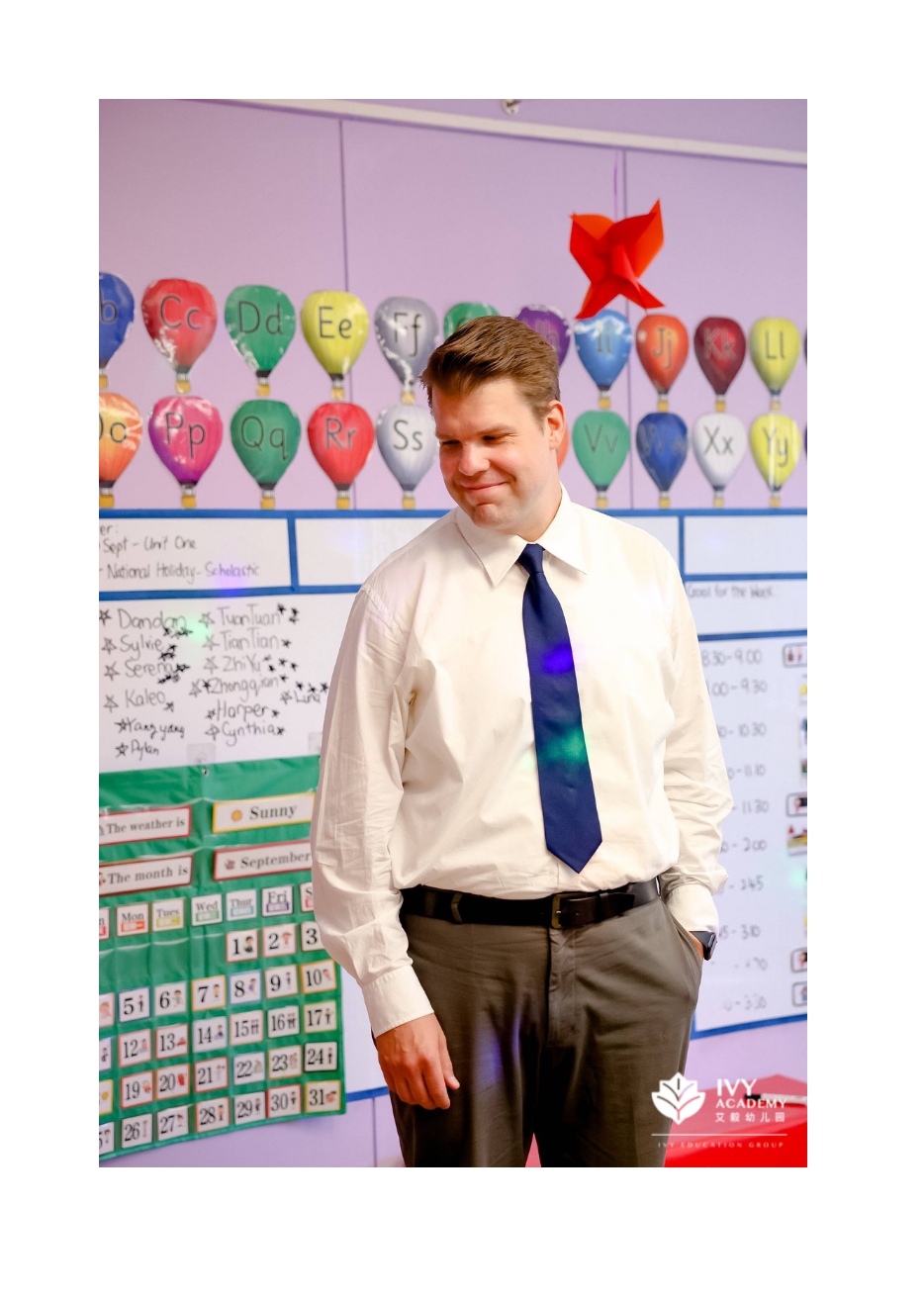
Is it possible to determine a child’s strengths and weaknesses at this age based on the multi-intelligence chart?
RC: Dr. Gardner does not advocate the use of testing to assess multiple intelligences. See below from Gardner’s website:
“Myth #1 – Now that the intelligences have been identified, researchers should develop tests to measure these intelligences.
Reality #1 – MI theory is a critique of the standard psychometric approach wherein researchers test a construct; as such, Myth #1 is inconsistent with one of the major tenets of the theory. On the other hand, assessments in rich, real life contexts can be quite helpful. In this respect, one should consult some of the example of Good Practices on this website, such as Project Spectrum and Explorama.”
In our kindergartens we use observations of children’s choices and the ways in which they solve problems to learn something about their multiple intelligences.

One mom blogger claims that putting your child in all types extra curricular classes for them to try them out to see if they’re interested is counterproductive. Instead, parents should base their child’s behavior on the multi intelligence chart and score them accordingly to figure out which interests are best suited for their child. Do you agree?
RC: I categorically disagree with this parent’s opinion. Firstly, children’s interests and desires are constantly shifting during early childhood, so even if it was the case that the test was accurate (which is unlikely) it would not be accurate for long. Secondly, this parent seems to misunderstand the purpose of childhood. A protracted childhood is a period of development unique to the human species. It takes 17-18 years for a human to arrive at physical maturity.
During this time, psychologist Alison Gopnik argues that children should be exploring their intelligence not exploiting it. From “The Carpenter and the Gardener”: “Our job (as parents) is not to shape our children’s minds; it’s to let those minds explore all the possibilities that the world has to offer.” (Gopnik, 2016 p. 77). Parents who try actively to shape their children, or who try to “hack” their children in the way that this mother suggests, do their children a disservice. Though she is right that children’s experiences will be influenced by a teacher, she is taking the wrong lesson. If a child finds something that they enjoy, whether it’s because they like the teacher or the subject matter we should encourage them. If they want to try many things, we should encourage that too. Let’s let children be children and enjoy their childhood.
Ivy Academy regularly organizes open days for parents and kids to get a hands-on feel of the campus and meet the teachers in person. For more information on Ivy Academy, message them via WeChat or visit the school’s website. The school has three campuses in Beijing in Sanlitun, Central Park, and Ocean Express and accepts kids ages 2-6 years old.
Contact:
WeChat: ivyeducationgrp
Web: http://www.ivyschools.com

Source: https://www.multipleintelligencesoasis.org/malpractices
There is not, to date an accurate assessment to measure multiple intelligences.
Images: https://www.additioapp.com/en/gardner-multiple-intelligences-theory/, Ivy Academy

